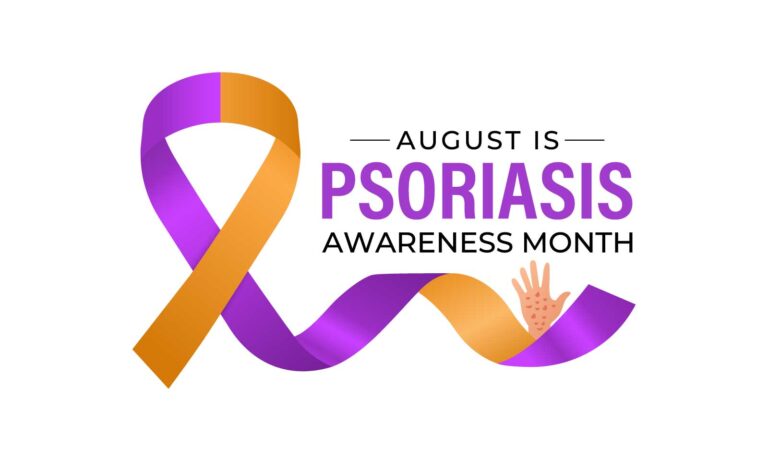
By Chip Sekulich, TwelveStone Chaplain
No matter what your faith, for many of us, this time of year can serve as both a reminder of those we miss and a deep appreciation for those still with us.
I can speak from experience. My mother and daughter both passed away during the winter and the holidays. Although Mom has been gone for more than 20 years and my daughter for a dozen, I still grieve. Knowing that both had a personal relationship with God brings me comfort, hope, and strength; I still miss them—sometimes terribly.
At TwelveStone Health Partners, grief of another kind is often present. Those who suffer from chronic medical conditions frequently experience a unique and prolonged form of grief, which can be more complex and enduring than typical grief reactions associated with acute experiences. This phenomenon is sometimes called “chronic sorrow” or “infinite losses.” Unlike grief associated with a single event like bereavement, grief in chronic illness is often continuous, repetitive, and perpetual.
Unique Aspects of Chronic Illness Grief
Chronic illness can strip away various aspects of a person’s life, including physical functioning and abilities, independence, a planned future, relationships, self-identity, and even career opportunities. The feelings of grief may fluctuate depending on the individual’s disease progression, exacerbations, and remissions, and can take many forms, including:
- Anticipatory Grief: Individuals with chronic illnesses may experience grief over future losses they anticipate.
- Loss of Self: There’s often a profound sense of loss related to one’s former identity and capabilities.
- Missed Life Events: Chronic illness can lead to ongoing grief over missed opportunities and experiences.
What’s more, the prolonged grief experienced by those with chronic illnesses can have significant consequences:
- Worsening of Illness: Unresolved grief can lead to a deterioration of the chronic condition.
- Increased Healthcare Visits: Severe prolonged grief symptoms are associated with a higher number of emergency room visits and hospital stays.
- Psychological Distress: Chronic sorrow can lead to depression, anxiety, and other mental health issues.
Managing and Coping with Chronic Sorrow

While the grief associated with chronic illness can be more persistent and complex, there are ways to manage it:
- Acknowledgment: Recognizing and validating the grief process is crucial.
- Social Support: Connecting with others who understand the experience can be helpful.
- Professional Help: Complicated grief therapy or other forms of psychotherapy may be beneficial.
- Self-Care: Engaging in self-compassion and maintaining physical health can aid in coping.
While our patients with chronic medical conditions may not necessarily grieve “more” in terms of intensity, they often experience a more complex, prolonged, and multifaceted form of grief that requires ongoing attention and management.
Amid my seasonal grief, I am reminded of those who are still here with me physically and of family, friends, and coworkers who have and still are positively impacting my life. For each of them and you, I am grateful. I am also thankful that many will be praying for me and others like me who sometimes struggle with grief during the Holidays.
But I recognize the forms of grief our patients may experience. Each day, I pray for them and ask that, somehow, they experience moments of gratefulness, much like I do.
If you are a patient and need prayer, please contact me at chip.sekulich@12stonehealth.com. I would appreciate hearing about your grief and how it coexists with “living beside grateful.”
As always, any personal prayer requests, information, or advice requested or provided will be kept confidential. Your privacy and trust are of utmost importance to us.















